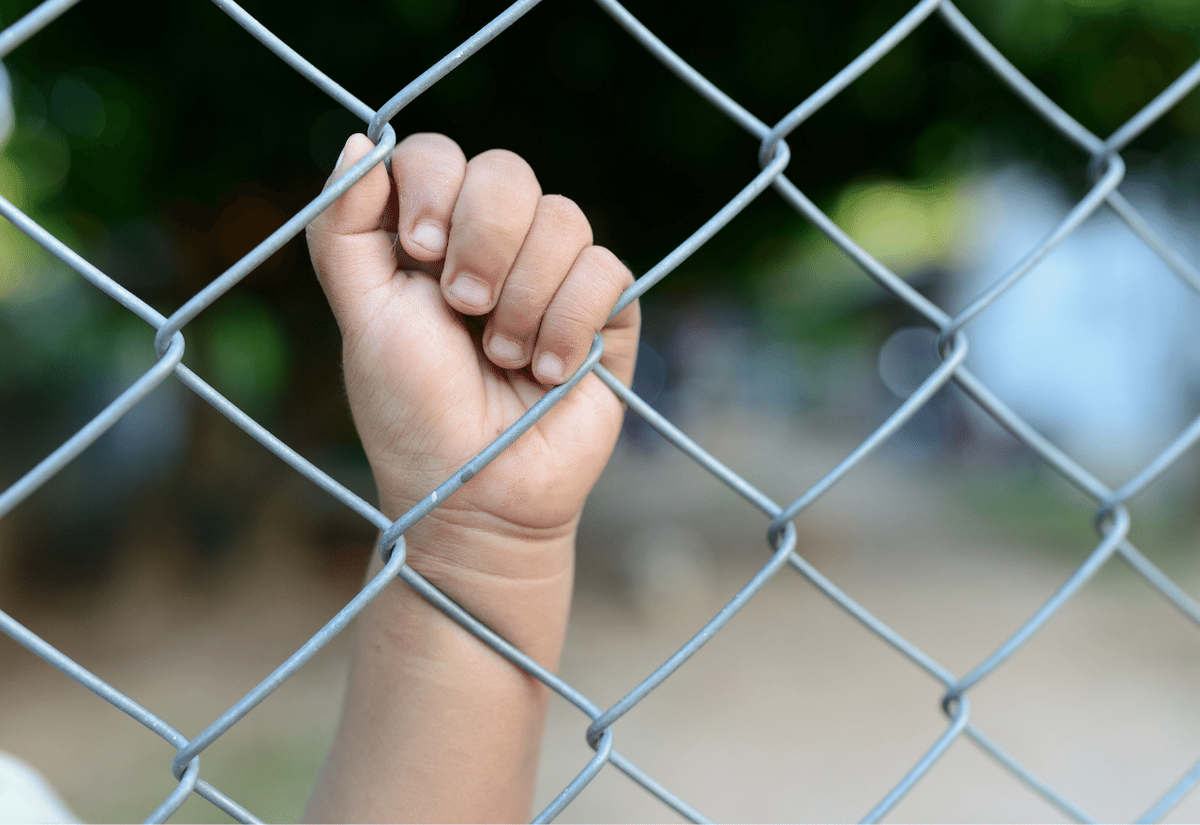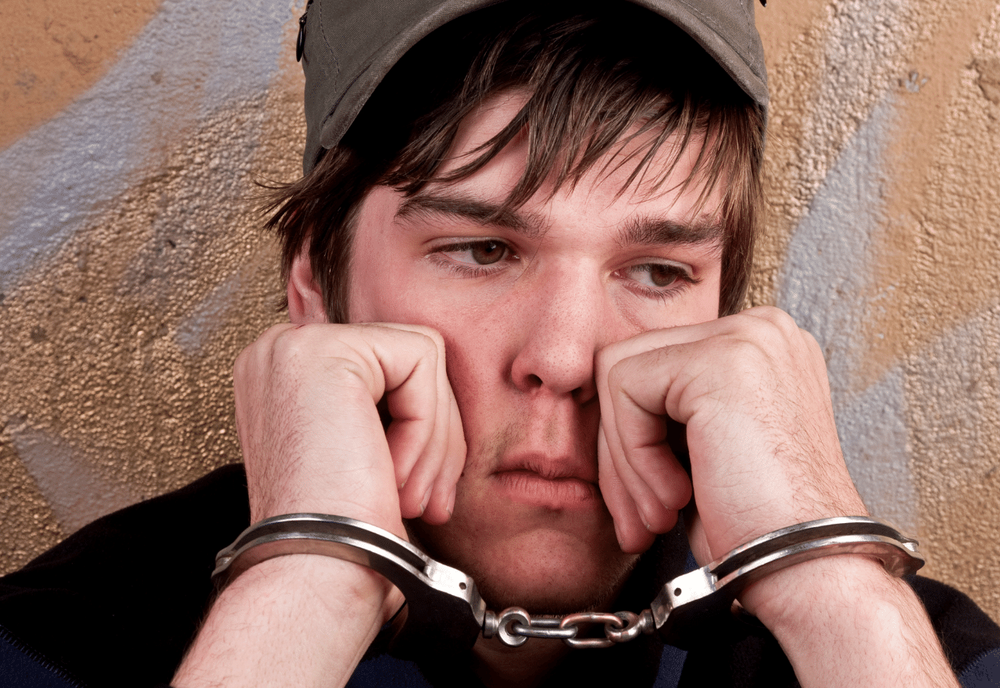Move to raise age of criminal responsibility from 10-years-old deemed an empty commitment by advocates
Laura Williams
16 November 2021, 8:10 PM
 The ACT is the only state to have raised the age of criminal responsibility to 14 years.
The ACT is the only state to have raised the age of criminal responsibility to 14 years. Australia’s State Attorney’s General have supported a proposal to increase the minimum age of criminal responsibility following prompts from around the world, but advocates are calling for more.
Currently in Australia, the minimum criminal age of responsibility is 10 years, meaning that any 10-year-old Australian is of age to be arrested and imprisoned for criminal activity.
The consideration of raising the age of criminal responsibility to 12-years-old has been condemned by Australian organisations who have insisted that the minimum age should be 14 years old, as per the United Nations Committee on the Rights of the Child recommendations.

Law Council of Australia President Dr Jacoba Brasch questioned the reasoning behind imprisoning someone who isn’t old enough to lawfully own a Facebook account.
“The Law Council is concerned by the delays and short-changes in the Attorneys-Generals’ decision, including a preference to raise the age to 12 instead of 14…and the clear failure to take decisive action when the evidence is clear,” Dr Brasch said.
According to the Law Council of Australia, imprisonment at a young age is the catalyst of an endless cycle of disadvantage and imprisonment, with insufficient critical support services including “health, disability, rehabilitation and family supports”.
It’s a close issue across the Western Plains and Western NSW, where juvenile offender numbers far surpass that of the rest of the state per capita.
In the year to June 2021, both Walgett and Bourke LGAs saw a count of 28 juvenile offenders, followed by 13 in both Coonamble and Warrumbungle shires.
In May this year, while the average NSW rate of offences per 100,000 people was 54.7, Dubbo stood at an astounding rate of 144.6. By comparison, the Sydney LGA of Hornsby had a rate of 12 that same month.
The staggering figures are a product of Aboriginal and Torres Strait Islander children being affected by the criminal justice system at a disproportionate rate, affected by discrimination, socioeconomic disadvantage, and intergenerational trauma.
Moreover, 50 per cent of all children in juvenile detention in NSW have had a parent in prison. In Aboriginal children, that figure lifts to 70 per cent.
SHINE for Kids, a not-for-profit assisting young people with relatives in the criminal justice system, has deemed the proposal of a shift to 12 years of age as an ‘empty commitment’.
“(This proposal) reveals the AG are not willing to take decisive action on this issue and instead intent to further delay progress towards raising the age. This stalling is only resulting in more children being subjected the immense harm and trauma of incarceration with every passing month,” said a SHINE for Kids spokesperson.
“Many 12-year-olds are still in primary school and 13-year-olds are starting their first year of high school. They are still developing biologically and emotionally, and these formative years can set a child on a trajectory for the rest of their lives,” they said.
According to SHINE, 456 out of the 499 children under 14 in prison last year would remain behind bars if the age were only raised to 12.
Last month, the ACT became the first state or territory in Australia to lift the age of criminal responsibility from 10, raising it to 14 years, following suit with the likes of China, Russia, Germany, and Cambodia.
The new potential proposal follows the Working Group that formed last year to review the issue. The report has never been released for public viewing.